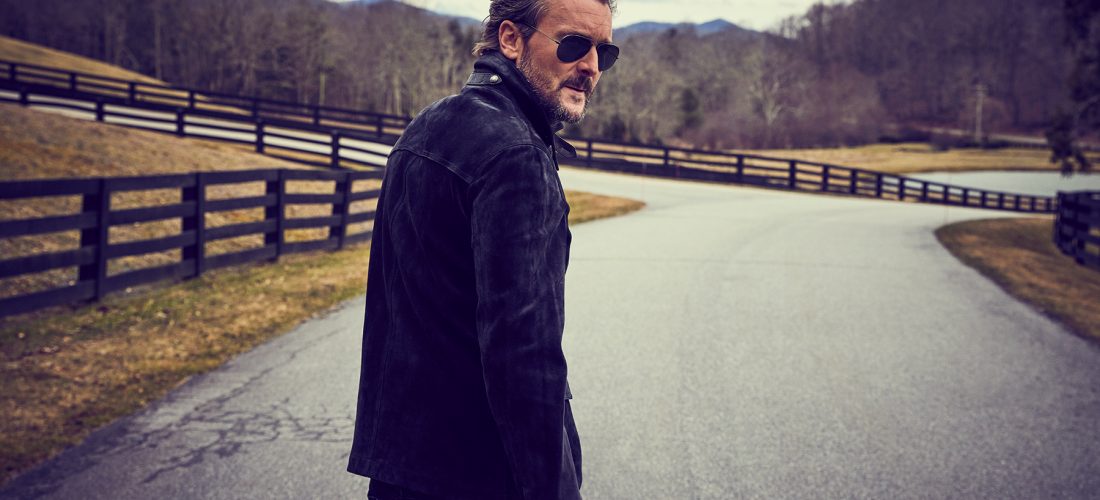Eric Church Makes It a Triple With ‘Heart & Soul’
Eric Church might look like a tough-guy outlaw who plays by his own rules, but his real gift has been for bending the rules to his will. No recent country artist has maneuvered the Nashville system as successfully, remaining dedicated to the power of down-the-center hitmaking even as he’s helped expand the parameters of the genre to include everything from soft-rock balladry (2009’s “Carolina”) to U2-Metallica arena grandeur (2014’s The Outsiders) to Wilco-referencing classic rock (2015’s Mr. Misunderstood).
Church’s latest project is his most ambitious: a 24-song triple album released over the course of a week in three segments. Heart, &, and Soul further refine the melodic, mid-tempo storytelling Church excels at, offering a moving summation of what he has done well throughout his 15-year career. You get brash statements that recall his irreverent early days (“Stick That in Your Country Song”), as well as maximalist rock-and-soul like the Elton John-meets-Meat Loaf “Heart of the Night,” and the roots rock of “Hell of a View.”
Each of these albums has a loose premise (plenty of “heart” tunes on Heart, lots of R&B-leaning funk rock on Soul); taken together, Heart & Soul is a concept record of sorts, about the everlasting power of music — the music he makes and the music he loves, which spans the gamut from the Doors and Bobbie Gentry (“Rock and Roll Found Me”) to Elvis and Guns N’ Roses (“Heart on Fire”).
Church has always had fun paying respect to his heroes, going back to 2006’s “Pledge Allegiance to the Hag.” But the 43-year-old is now mythologizing his own music, with winking references. Some of the tension in “Russian Roulette” comes from the narrator’s desperation to find a “melody without a memory,” or, in other words, to avoid the type of music-as-nostalgia tune exemplified by his 2011 signature song “Springsteen” (“Funny how a melody sounds like a memory”). “Through My Ray-Bans” is a moving portrait of, well, attending an Eric Church concert (with a nod to his hit “Drink in My Hand”) that has a deeper meaning, having been inspired by Church’s experience playing at the 2017 Route 91 Harvest festival in Las Vegas (site of America’s worst mass shooting).
Church’s clever self-consciousness provides a new edge, but that’s not always enough to set these records apart. Some songs, like “Crazyland,” which employs the technique of turning emotions into characters à la 2015’s “Kill a Word,” feel like retreads. That might be because Church has long relied on the same group of white-dude co-writers, and it may also be because he’s past the point in his career where innovation supersedes songcraft.
Regardless, on the best moments here, Church sounds newly invigorated. When, on “Doing Life With Me,” Church imagines himself as an aging troubadour counting his blessings, he saves what’s most important for near the end: “The notes and the words and the songs I sing.”
